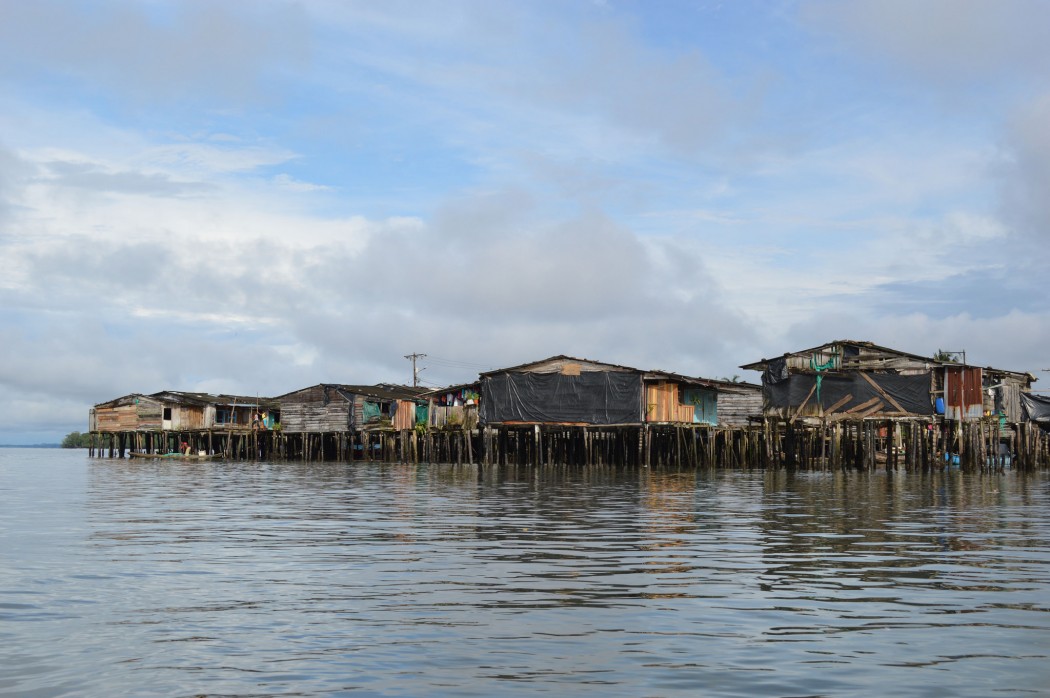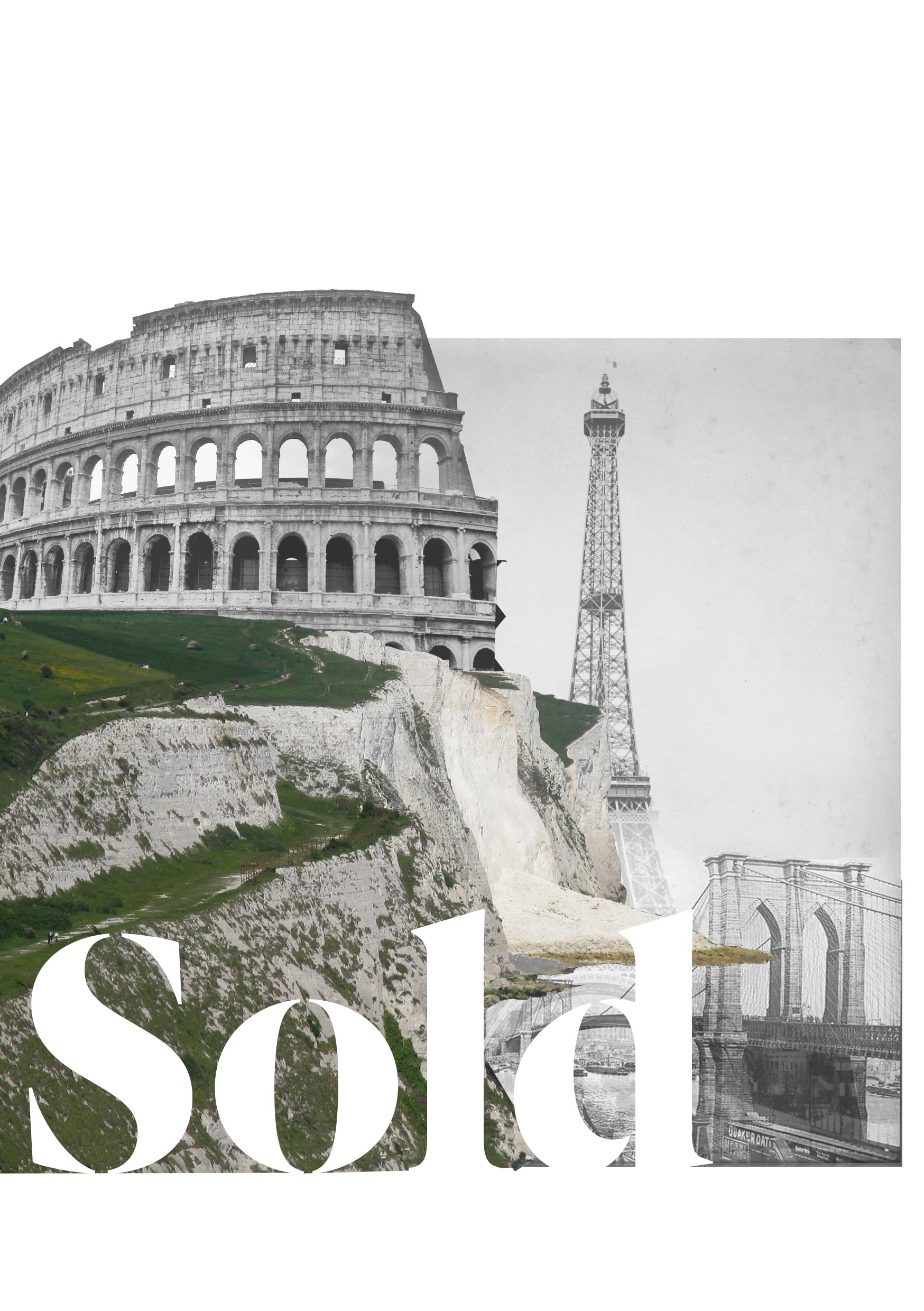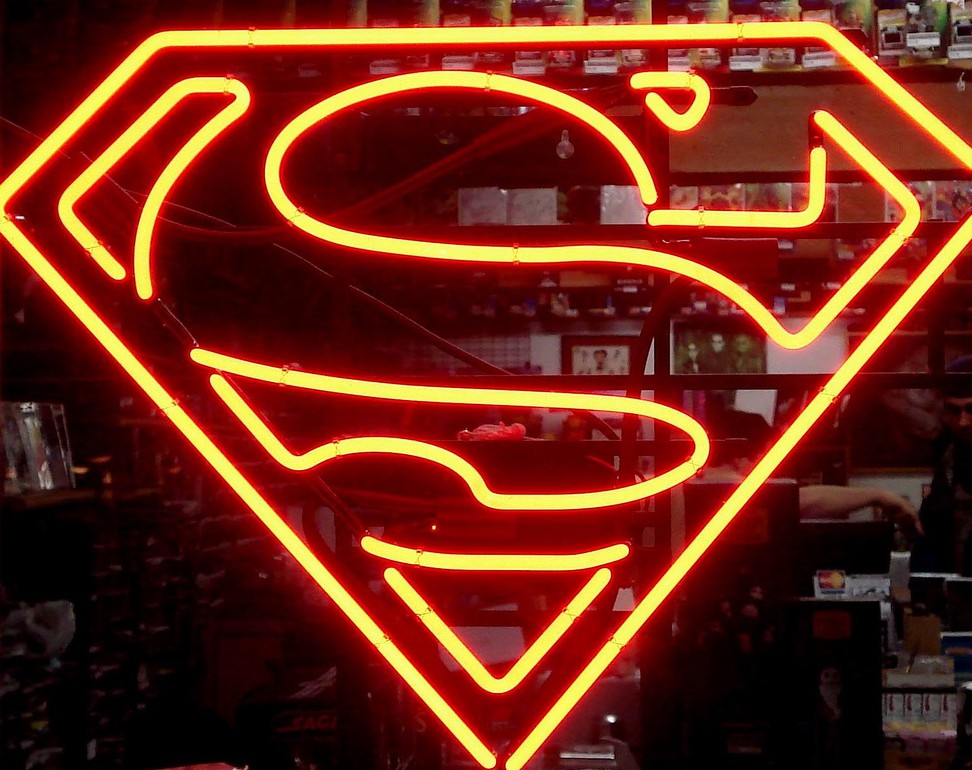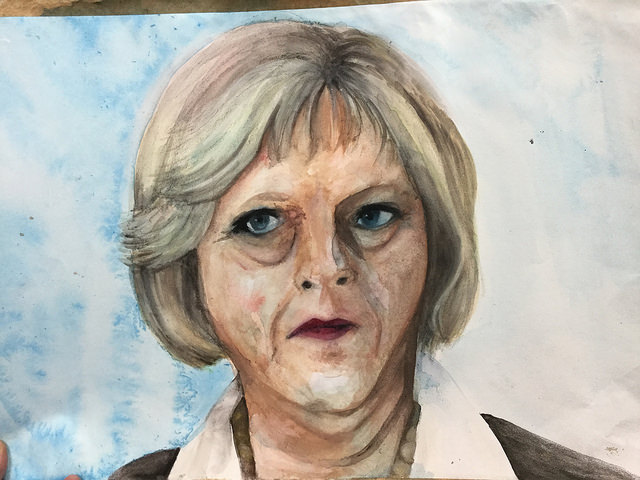
Democracy Dismembered: The Struggle for Rights in Latin America
José Miguel Vivanco grew up in Chile under the Pinochet regime. He was 13 at the time of the coup in 1973 and experienced the effects of the dictatorship first hand: “several of my classmates were subject to persecution and forced to leave the country.” Many people he knew were arrested, with “no legal process, no guarantee – nothing.” Over the course of Pinochet’s dictatorship, more than 3000 people were killed and 29,000 were subject to torture. Watching the Chilean democracy collapse around him, Vivanco felt “completely powerless, impotent – I mean I was a kid, but even if I were 18 or 20 years old, it would have been impossible to change that reality.” It was this sense of impotence that drove him to pursue a career in human rights, one that has seen him direct the Americas division of Human Rights Watch (HRW) for the past 20 years. In that time, he has exposed torture in Brazil’s prisons, police brutality in Venezuela and dismemberments in Colombian casas de pique, ‘chop-up houses’. But Vivanco argues that democracy, independent judiciary systems and free speech are still far from reality in the region. Despite the efforts of local and international institutions, violence remains synonymous with power.
Latin America has undergone vast changes since the days of the Pinochet regime. Vivanco describes how “There was a transition from military dictatorship to democracy in the 90s, in which the region developed a basic consensus to protect free speech, strengthen democracy and respect human rights.” There was a move towards a “collective responsibility”. But for many countries in the region, this new approach did not last. The governments of Bolivarian countries, following the lead of Venezuela, harnessed brutality and corruption to “effectively silence most of the region.” HRW documented more than 150 victims of serious abuse at the hands of Venezuelan security forces during political protests in 2014. The victims were reportedly unarmed and non-violent, some already in detention. In similar cases across Latin America, freedom of speech and political expression continue to be suppressed. The result is a “simplistic dichotomy between the South and the North” that Vivanco likens to the Cold War: you either support the government or you support “the Empire” of the US.
Mexico, Guatemala, Honduras, El Salvador, Colombia and other countries in the region have joined Venezuela in adopting an “iron fist approach” to dealing with public unrest. In many cases, the army is employed on the street, despite being trained for armed conflict rather than law enforcement operations. The police, in turn, use brutal tactics and act with full impunity. Journalists are subject to “persecution, harassment, intimidation, killings and censorship.” Vivanco argues that “the only country that has the power to confront Venezuela on these issues is Brazil.” But the Brazilian government’s approach to dissent is increasingly similar to that of her neighbour. Since 2010, HRW has received 5,431 complaints of torture and cruel, inhuman or degrading treatment in Brazil. 84% of these incidents reportedly took place at police stations, prisons or juvenile detention centres. The entire region is marred by “violence, security problems, human rights abuses, impunity, corruption, intimidation of judges and prosecutors by powerful mafias or powerful security forces.” Vivanco dismisses the principle of non-intervention of institutions such as UNASUR, the Union of South American Nations, as “quite pathetic”. Without a free media or the correct judiciary processes in place, he fears “it is a cycle that is very, very difficult to break.”
Human Rights Watch strives to end these cycles. Their work in Latin America over the past two decades has investigated human rights abuses across the region, provided advice on public policy and tried to rekindle a sense of collective responsibility. Despite the injustices in the region, apathy is a growing problem. Vivanco describes how Brazilian people are “getting tired of hearing about these types of problems, and so you need to be very creative in the way that you present the information.” The challenge for the organisation is finding the right angle to draw attention to a specific abuse of human rights: “if you don’t have that attention, probably nothing will change.”
The need to sustain interest in injustices has led to a series of multimedia projects across HRW. The most striking of which has examined the situation in the Colombian port of Buenaventura, described by Vivanco as the greatest abuse of human rights in the region. The casas de pique, ‘chop-up houses’, are a gruesome centrepiece of gang warfare in the port. Rival paramilitary groups dismember their victims in the casas, often while they are still alive.The body parts are then discarded in the sea, deposited in hidden graves or scattered about the city. In what Vivanco calls a “clear case of discrimination”, the largely Afro-Colombian community of Buenaventura was “abandoned by the state”, treated as “pretty much invisible” and the abuses went largely ignored. The casas de pique came to symbolise the dominating power of paramilitary groups in the region and the lack of accountability in the Colombian government.
Human Rights Watch carried out an investigation into the situation in Buenaventura in March 2014. Through reports and documentaries they outlined the disappearances and dismemberments and stressed the need for a proper system of policing and judicial investigations. The report “received huge attention on a global level” and was picked up by Vice, the Guardian, the BBC and other international news outlets. As a result, President Juan Manuel Santos announced a special intervention to reduce violence in the area. More than 280 alleged members of the paramilitary groups were arrested in 2014. Nevertheless, the situation has continued almost unabated. There were 44 disappearances last year alone and accounts of dismemberments are still common. However Vivanco feels that progress has been made: “The issue is on the table, and it is hard to find people today in Colombia who openly ignore what is happening in Buenaventura against Afro-Colombian communities.” Improvements are slow to see, but by maintaining local and international attention on the abuses HRW is able to “keep pressing [the Colombian government] to show better results.”
The struggle for human rights in Latin America is complex and painfully protracted. But Vivanco stresses that his job leaves much cause for optimism. In many countries, the response to international pressure and HRW’s investigations has created a “tangible hope” for real change, a reaction that Vivanco finds “incredibly rewarding”. Just as under the Pinochet regime, international condemnation of abuses helps “to discredit the government and legitimise your concerns… and that is extremely important.” Equally as important is the ability to empathise with the communities concerned. Vivanco stresses that you have to understand “the hopes and frustrations and victories and defeats” of those who are being oppressed to help keep them from complete isolation. Back in 1973, it was hearing about a demonstration in London against Pinochet’s oppression that made Vivanco realise the power of international support for democracy and human rights: “you feel like you’re not alone.”







